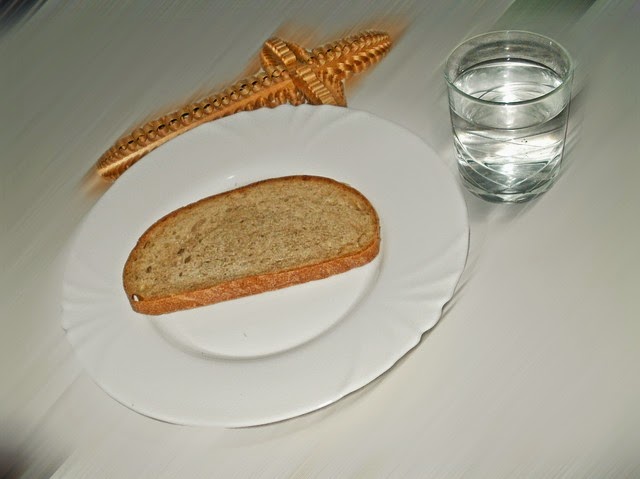2nd Sunday of Lent (Year B): Paradox and Commitment

Lewis Carroll’s book, “Through the Looking Glass” is about a mirror-image world. The book starts with the young girl Alice wondering what is on the other side of the mirror above the mantelpiece. She clambers up to it and is astonished to find she can step through the looking glass into an alternative world. Among many other surprises Alice discovers that, paradoxically, in that world, to get to a chosen point, you have to walk in the opposite direction. That appears to be sheer nonsense but makes sense in a looking-glass alternative world. The gospel reading for the 2nd Sunday of Lent this year (Mark 8: 31 - 38) contains an equally surprising paradox: to save your life you must lose it. Or, as Jesus said, "..those who want to save their life will lose it, and those who lose their life for my sake, and for the sake of the gospel, will save it." (Mark 8: 35) The outspoken Peter thought Jesus was speaking dangerous nonsense, the opposite of what he wanted to hear



